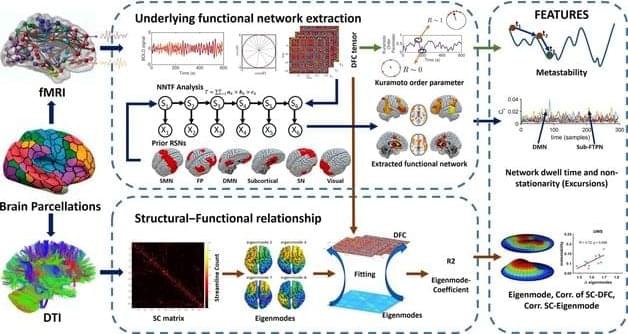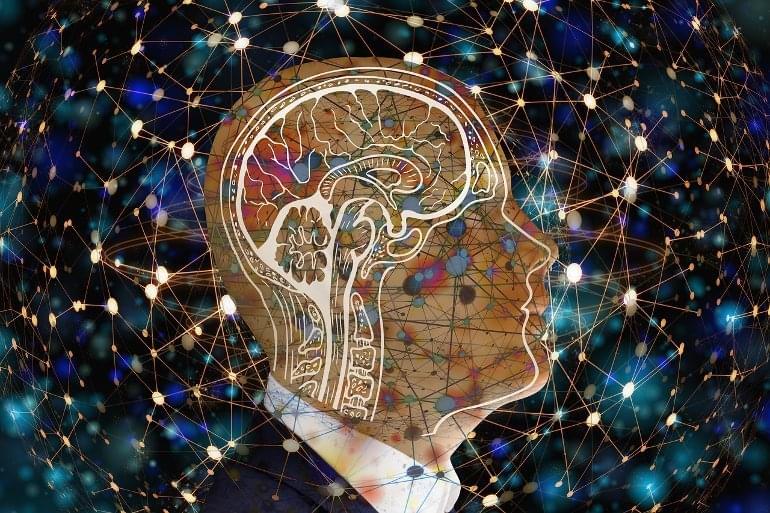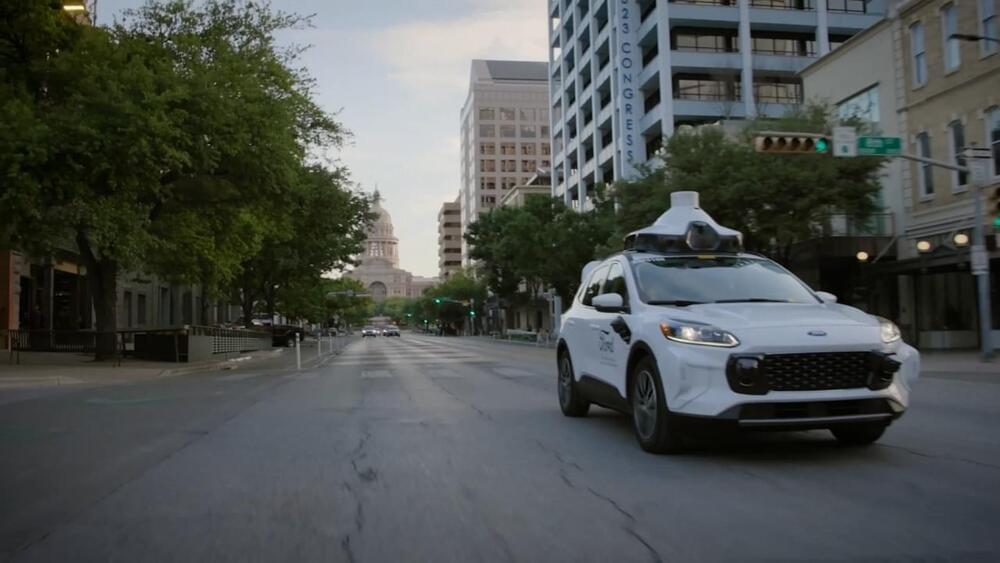To try out our new course (and many others on math and science), go to https://brilliant.org/sabine. You can get started for free, and the first 200 will get 20% off the annual premium subscription.
Albert Einstein taught us that space and time belong together to a common entity: space-time. This means that time becomes a dimension, similar to space, and has profound consequences for the nature of time. Most importantly it leads to what has been called the block universe, a universe in which all moments of time exist the same way together. The future, the present, and the past are the same, it is just our perception that suggests otherwise.
💌 Sign up for my weekly science newsletter. It’s free! ➜ http://sabinehossenfelder.com/
👉 Support me on Patreon ➜ https://www.patreon.com/Sabine.
📖 My new book “Existential Physics” is coming out in August ➜ http://existentialphysics.com/
0:00 Intro.
00:58 Space-time.
02:09 Space-time diagrams.
03:40 Special Relativity.
05:05 The Relativity of Simultaneity.
10:36 The Block Universe.
12:46 The if’s and but’s.
14:50 Sponsor Message





